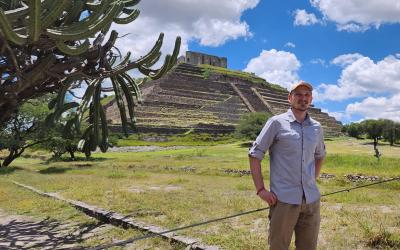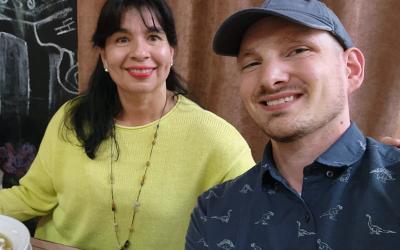This program is designed for you to learn Spanish language through immersion. You can take intermediate or advanced Spanish courses. Mexico is an ideal location to continue your Spanish language studies, as the pronunciation, vocabulary, and colloquial expressions used in Mexico are also commonly heard in the U.S., offering you a smoother linguistic transition between the two countries. You will study at the Centro Intercultural de Querétaro in the heart of Querétaro's beautiful historic district. As part of the immersive experience, you will live with a Mexican host family.
Querétaro is a beautiful colonial city located in the state of Querétaro in the heart of central Mexico and is home to approximately 1.4 million. The city is known especially for its excellent universities, growing economy, safety, and cleanliness. Its historic city center is recognized by UNESCO as a world heritage site. This program includes excursions to Mexico City, visits to historic towns around the host city, and several extra activities in and around Querétaro.
Quotes from Querétaro alumni:
“My Spanish has definitely improved. I am a much more confident conversational speaker. I spoke the most Spanish at home with my host family.”
“The quality of instruction was amazing! My class was very small, so we were able to have a deep connection with the instructors and in turn the instructors were able to assist us better.”
"I feel so lucky to have had the host parents that I had during my time in Mexico. They were so kind, accommodating, open, and helpful. I feel so blessed to now have them in my life."





